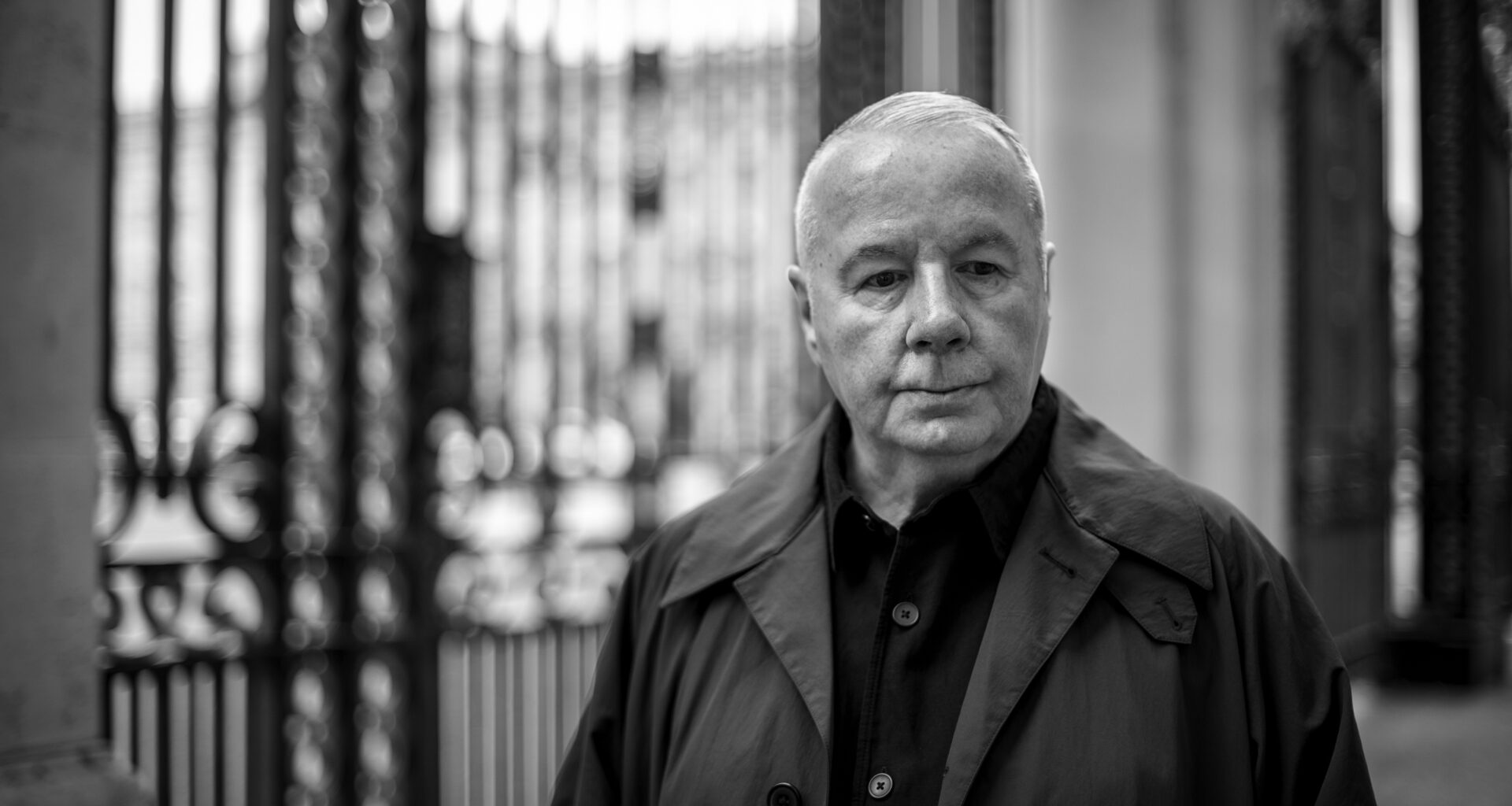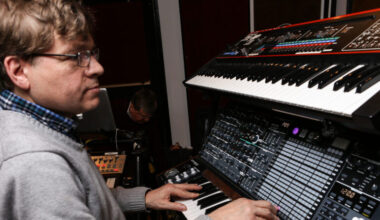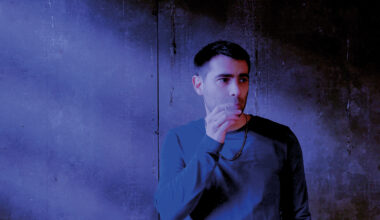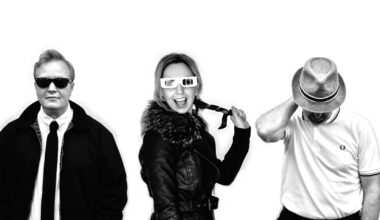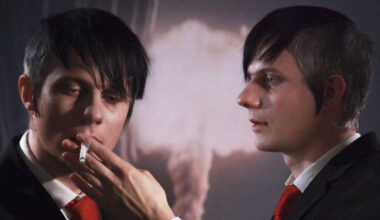Beyond his work with Ultravox and Visage, Billy Currie has enjoyed a long career as an artist in his own right, with 11 solo albums to his name. And it all started when he was left alone with an oscillator belonging to psychedelic warlords Hawkwind…
Want to read more?
Sign up to Electronic Sound Premium to gain access to every post, video, special offers, and more. 100%, all you can eat, no commitment, cancel any time.
Already a premium member? Log in here
